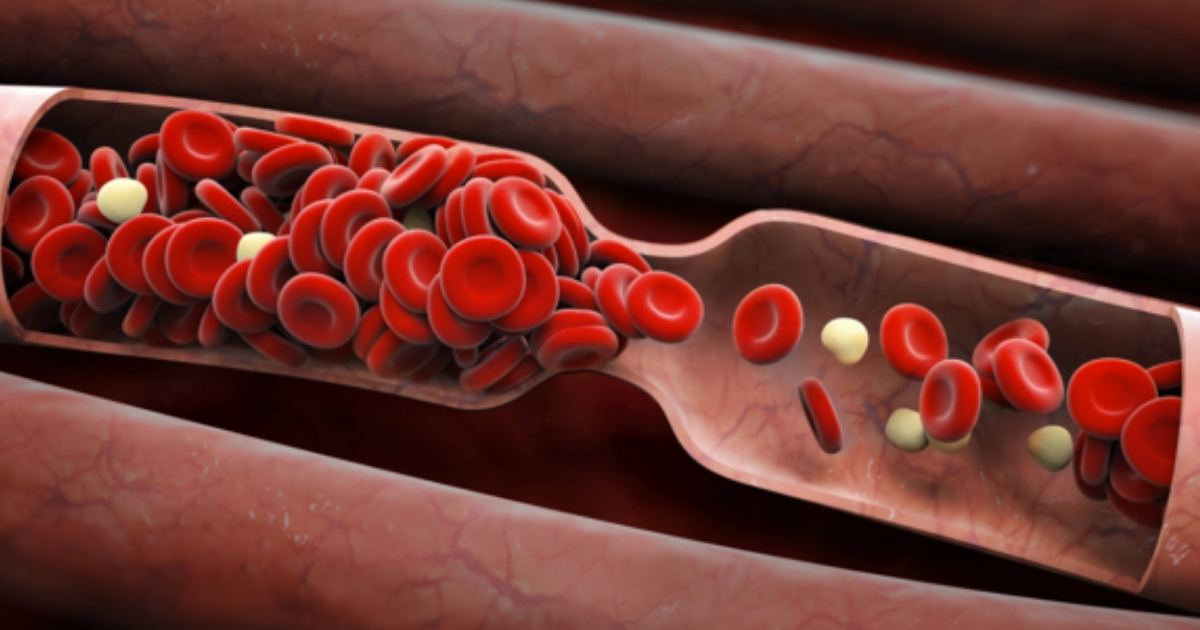Potential Causes And Risk Factors For An Enlarged Spleen
The spleen is a spongy, violet-red smallish organ on the left side of the abdomen, just below the diaphragm, behind the ribcage and a little behind the stomach. Though individuals can live without their spleen, its job is to clean toxins from the blood and store healthy red blood cells. The spleen also shunts blood to the liver. The spleen usually can’t be felt when a doctor palpates the area, and it’s considered enlarged when it can be felt. An enlarged spleen is called splenomegaly, and while it’s not a disease in itself, it’s an indication there’s a problem somewhere in the body.
Here are some causes of an enlarged spleen.
Cirrhosis Of The Liver
Cirrhosis of the liver is serious scarring of the liver due to a variety of liver diseases, alcohol abuse, or other conditions. Symptoms of cirrhosis are silent in the early stages, but as the disease progresses the patient is constantly tired and weak, has little appetite, loses weight and is nauseated. Their legs or abdomen (including the spleen) may swell, and they bruise and bleed easily. Since the liver also removes toxins from the body, they might notice changes to their skin such as jaundice, the yellowing of the whites of the eyes and the skin. They may also develop white nails and red palms, spider veins, and severe itching. Some cirrhosis patients also have trouble remembering or concentrating.
Learn more about what can cause an enlarged spleen now.
Blood Clots Or Pressure Near The Spleen

Another reason for an enlarged spleen is blood clots or pressure near the spleen. These abnormalities can be caused by cancer that started in another part of the body and spread to the spleen. A cyst, a benign fluid-filled sac, can also put pressure on the spleen and cause it to enlarge Untreated infections can set up abscesses near or in the spleen. This happens when a cavity fills up with pus. Blood clots can be caused by injuries to the spleen, which can result in enlargement. Some diseases and infections, including mononucleosis, malaria, and toxoplasmosis, also cause blood clots to form in the spleen.
Uncover details on more causes and risk factors for an enlarged spleen now.
